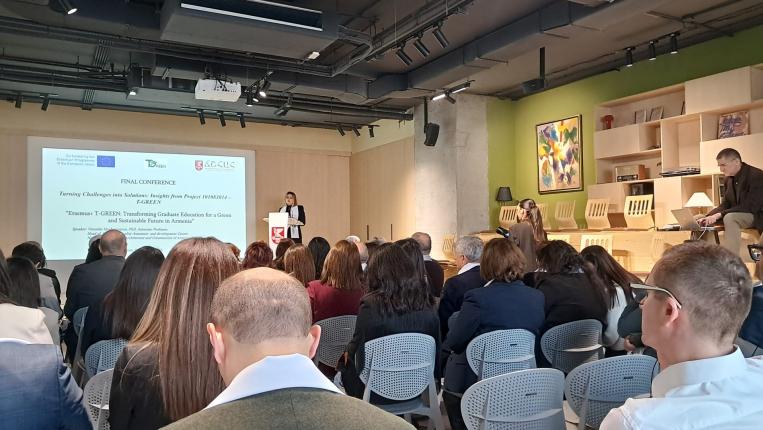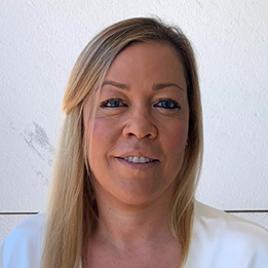Objectives and competences
To deepen the knowledge previously acquired about functions, differential calculus and algebra, and apply this knowledge in learning integral calculus, differential equations and solving systems of linear equations with any number of unknowns and equations.
To demonstrate the application of subjects taught in the areas of science and microbiology.
Teaching Methodologies
Theoretical classes (1.5 h), where fundamental concepts are presented and some application examples are given, accompanied by tutorial classes (1.5 or 3 h), in which students solve exercises related to the CU.
Syllabus
- Functions
Review of concepts about functions.
Power, modulus, polynomial, rational, exponential, logarithmic, trigonometric functions.
- Differential Calculus
Revisions: basic derivation rules. Derivatives of the studied functions in 1.
Linear approximation of functions.
L'Hôpital's rule.
Critical points. Relative extremes.
Rolle's Theorem and Lagrange's Theorem.
- Integral Calculus
Primitive of a function. Indefinite integral.
Immediate primitives.
Primitivation by substitution.
Definite integral.
Average value of a continuous function.
Mean Theorem of Integral Calculus.
- Differential Equations
1st order separable differential equations.
- Matrix Algebra
Matrix definition.
Addition of matrices. Multiplication by a scalar.
Matrix multiplication.
Transposed matrix.
Inverse matrix and Gaussian elimination method.
Inverse matrix properties
- Systems of Linear Equations
Solving systems of linear equations using the Gauss-Jordan method.
Applications in the areas of science and microbiology.





